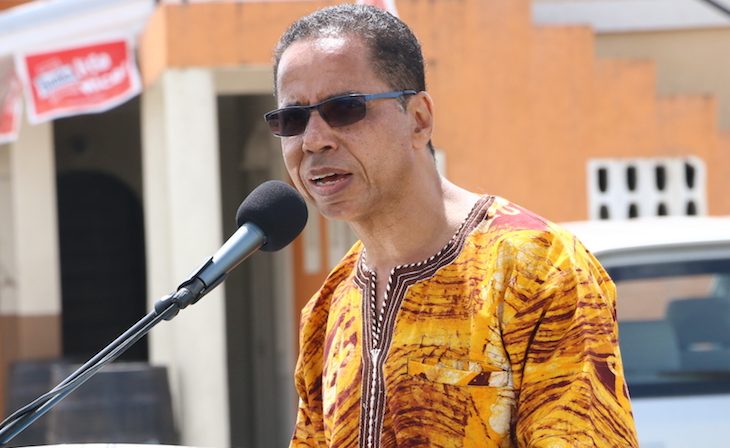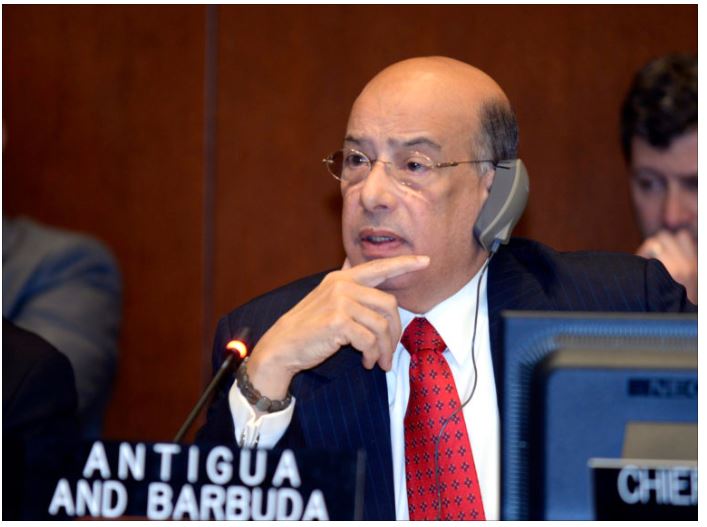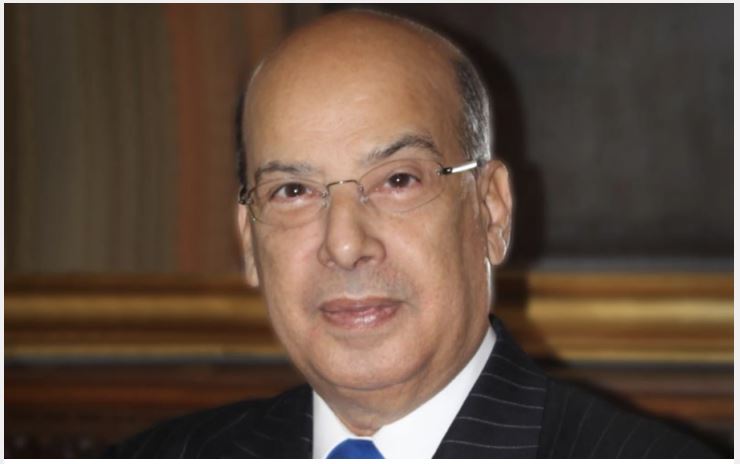By Benito Wheatley
The people of the British Virgin Islands (BVI) go to the polls on 25th February to elect a Government for the next four years.
The election comes as the territory is entering a period of economic uncertainty and still recovering from the hurricanes of 2017. The stakes could not be higher.
Many promises are currently being made on the campaign trail. From lofty district projects to expansive national programmes. However, few details are provided on how these initiatives would be funded.
Moreover, it seems that after the outcome of the District 9 debate in Virgin Gorda several candidates are unwilling to participate in organised district debates to defend their own proposals.
This has left voters without a structured forum in which competing district candidates can face off against each other before the public. The same is the case for At-Large candidates.
One debate between the leaders of the various political parties is scheduled to take place very late in the campaign season on 21st February, but lands on the very same day of early voting which will exclude a segment of the electorate.
Until then, voters will have to settle for choreographed campaign events, online and radio talk shows and house to house visits.
Fortunately, a number of media outlets have conducted interviews of candidates that provide some sense of who they are as persons and elements of their campaign platforms.
At this point in the campaign season it is critical that voters try to maximise the available opportunities left to engage candidates and insist on hearing more than just the usual campaign promises.
They must demand answers on exactly how candidates or their parties intend to deliver on the things they have proposed should they be elected to office.
The big question, however, is where will the money come from? Especially when the Government budget is tight and there is a very real risk of a hit to financial services revenue from recently legislated economic substance requirements on BVI companies.
It is highly unlikely that public funds will be available to deliver on many of the various campaign promises made by competing sides. There will have to be a prioritisation of spending.
The question is what spending priorities are appropriate for the territory’s current circumstances.
Many issues require urgent attention so there must be an honest exchange between candidates and voters for candidates to explain what issues will be tackled first and why.
This exchange must also encompass the most pressing issue for the territory at this time, which is the recovery.
There has been little discussion of the $500 million Recovery to Development Plan adopted by the House of Assembly in November 2018 for implementation by the Recovery Development Agency (RDA).
This is concerning when it is clear that the top priority for any new Government is rebuilding the infrastructure of the islands.
What needs to be understood is how the campaign promises currently being made align with the plan or how the plan fits into candidates’ overall agenda for the territory.
The public must also know what steps will be taken to gain UK approval of a loan guarantee of up to $400 million that requires the Government to meet certain conditions.
Voters must demand clarity on these issues that will directly impact the BVI’s future.
The current circumstances are too serious to simply accept the usual campaign promises and demands a higher level of engagement by voters on the important issues of the day.
In the remaining two weeks of campaigning, it is critical that voters hear the comprehensive vision the various political parties and independents have for the territory, how the districts fit into that picture, and the fine details of their plans and spending priorities.
As the BVI goes to the polls, let this General Election be a contest of practical ideas and realistic and affordable plans for a better future for the territory.
(Benito Wheatley is a Policy Fellow at the University of Cambridge and a former BVI UK & EU Representative)




